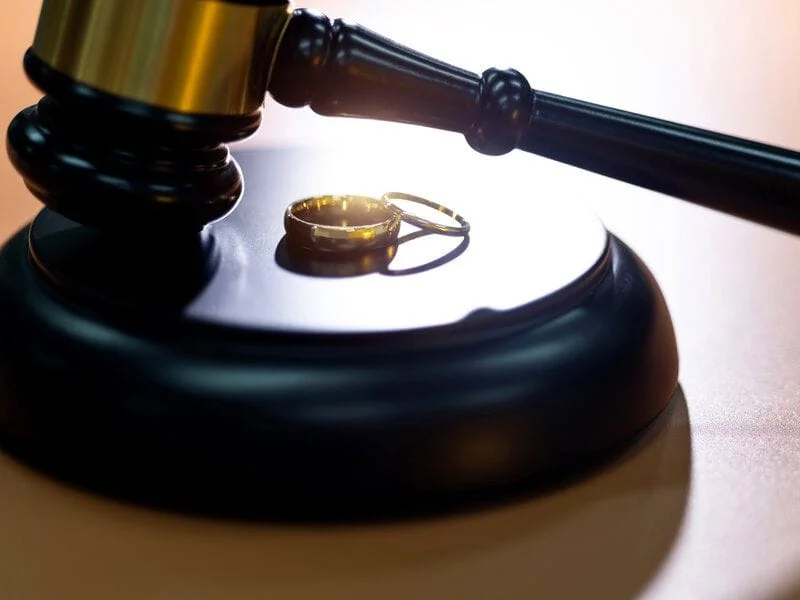Reviews
Portland Metro Area Attorney
Uncontested Family Law Cases
Advise and Consultation as Needed on Contested Family Law Matters

Take the first step.
Many of my former clients can tell you: life can and often does get better after divorce. You just have to find the courage to take the first step. There will be challenges, especially at the beginning. For example, you may have less money, and you may see less of your children. But after a while, if you are wise, you will realize that money can’t replace self-respect and it is quality, not the quantity of time with your children that counts. You will learn to live with less and if you have children, you will learn to appreciate the time you have with them more than you have ever before. They will no longer have to bear daily witness to the disintegration of their parents’ marriage. You will learn to let go and have fun again. Best of all, you might just reconnect with the person you once were – the strong, happy, focused person you were the day you married your spouse.
When you are ready to reclaim your life, I can help you get there.
With 40 years of experience as a family law lawyer, I have successfully handled a wide variety as well as a vast number of cases, from simple, uncontested divorces, to extremely complex, high asset, high conflict matters. Now that I am semi-retired, I no longer handle contested family law cases, however, I can represent you in an uncontested case for a flat rate of $2500, plus filing fees. If your case is contested, while I will not appear in court with you or become your attorney of record, I can work closely with you behind the scenes to determine how best to approach your particular case and will expertly guide you through the process. I charge $295 an hour, which is payable at or prior to our initial and subsequent consultations. You can then meet with me on an as-needed basis. This is an affordable option for many people who simply cannot afford the $3500-$10,000 retainer most family law attorneys charge. At my firm, you will never be just another case. You will not be shunted off to a younger, less experienced associate or paralegal. I will personally strive to find the least stressful and most cost-effective way to achieve your objectives.

Let's Connect
Please give my office a call when you’re ready to make the change.
Our Attorney
Contact the Firm
Newman Family Law LLC
5200 Meadows Road
Suite 150
Lake Oswego, Oregon 97035
Newman Family Law LLC is located in Lake Oswego, OR and serves clients in and around Lake Oswego, Tualatin, West Linn, Gladstone, Portland, Beaverton, Wilsonville, Sherwood, Clackamas, Oregon City, Hillsboro, Fairview, Canby, Gresham, Cornelius, Beavercreek, Clackamas County, Multnomah County and Washington County.
Attorney Advertising. This website is designed for general information only. Any information you obtain from this website should not be construed as legal advice, nor as grounds for forming an attorney-client relationship. You should consult an attorney for information on obtaining formal legal advice. [ Site Map ]
See our profiles at Lawyers.com , Martindale.com and Avvo.com
© 2024 Powered by Avvo







